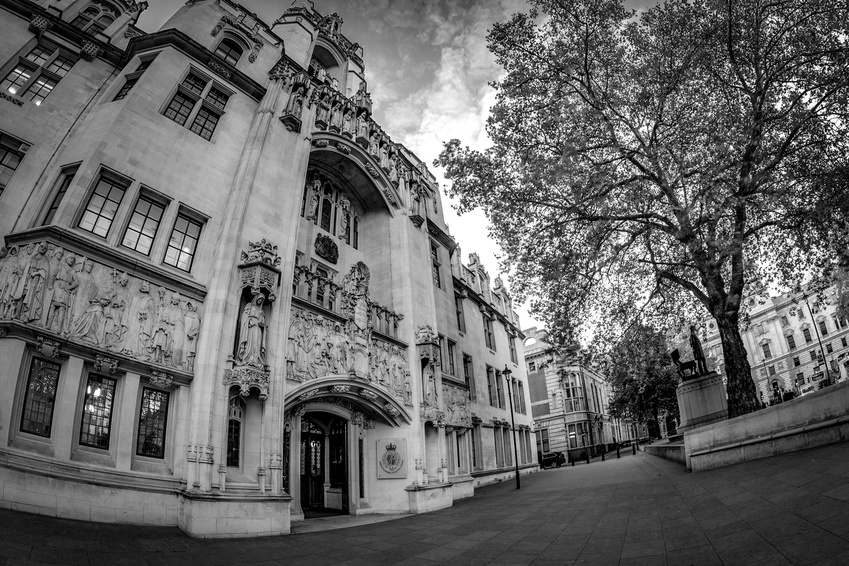By way of background to the case, Mr. Ivey was a professional gambler who brought a claim against a casino for winnings of £7.7 million in a game of baccarat. The casino disputed Mr. Ivey’s entitlement to his winnings on the basis that he had used a highly specialised technique called “edge sorting” in order to improve his chances of winning which, the casino contended, amounted to cheating. The proceedings came before the Supreme Court which was asked to consider (i) the meaning of cheating in a gambling context, (ii) whether dishonesty was a necessary element of cheating and, if so, (iii) the correct test for assessing dishonesty.
Regarding the test for dishonesty, in criminal cases juries have previously been directed to apply the two stage test introduced by R v Ghosh [1982] QB 1053:
- Was the relevant conduct dishonest by the objective standards of reasonable and honest people? This is known as the objective test.
- If the answer to the objective test is “yes”, did the defendant realise that reasonable and honest people would regard the relevant conduct as dishonest? This is known as the subjective test.
Lord Hughes’ judgment criticised the subjective test under Ghosh, noting its effect was that the more warped the defendant’s standards of honesty, the less likely it is that he will be convicted of dishonest behaviour and observing that “the capacity of all of us to persuade ourselves that what we do is excusable knows few bounds“.
The Supreme Court stated that there was no basis for the meaning of dishonesty to differ between civil and criminal proceedings and that juries should no longer be directed to apply the Ghosh test. When dishonesty is at issue, the question of whether a defendant’s conduct was honest or dishonest is to be determined solely by applying the objective standards of ordinary decent people. The, subjective, second limb of the Ghosh test is no longer relevant as there is no requirement that the defendant must appreciate that what he has done is, by those standards, dishonest.
The impact of this decision is that prosecutors will be faced with one hurdle fewer to securing prosecutions for offences involving dishonesty. A fuller update on the judgment and its implications will follow but, in the meantime, the full judgment can be read here: Ivey v Genting Casinos (UK) Ltd t/a Crockfords [2017] UKSC 67.



